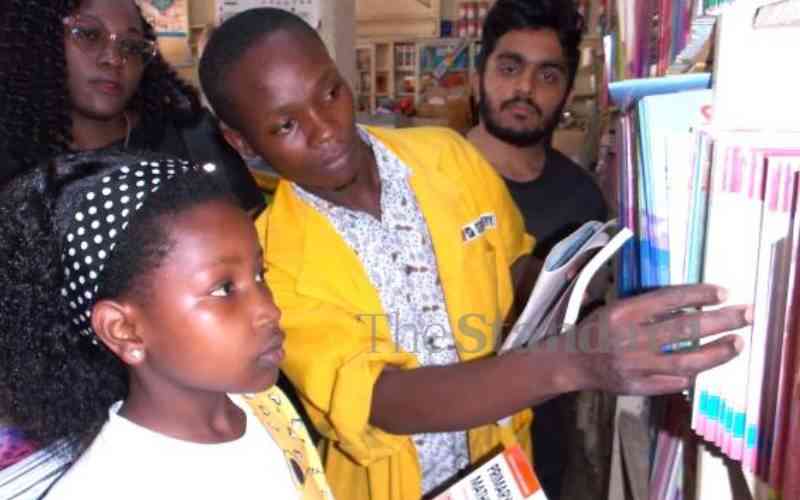×
The Standard e-Paper
Stay Informed, Even Offline

Schools across the country reopen for the new academic year today amid financial pressure on families and learning institutions.
The rising cost of living, a potential teachers' strike, a myriad of extra levies, and heavy rains witnessed in parts of the country spell a shaky start for the academic calendar.